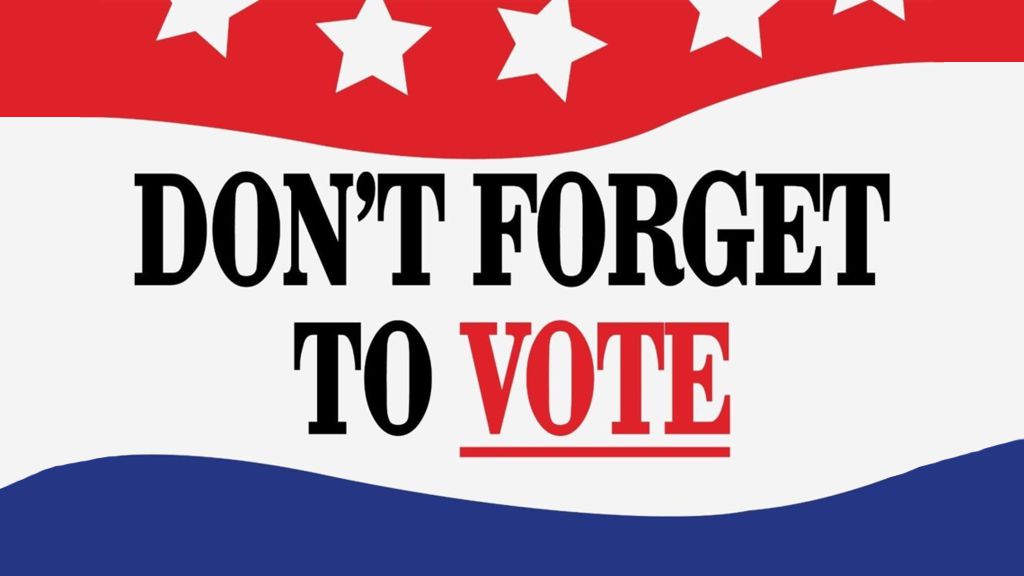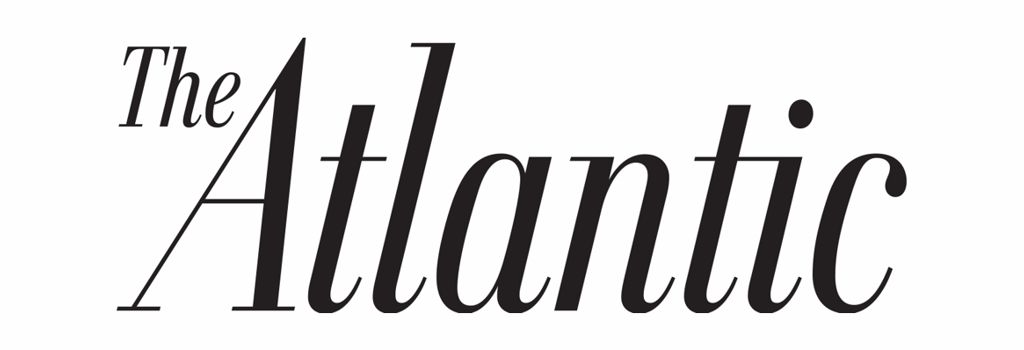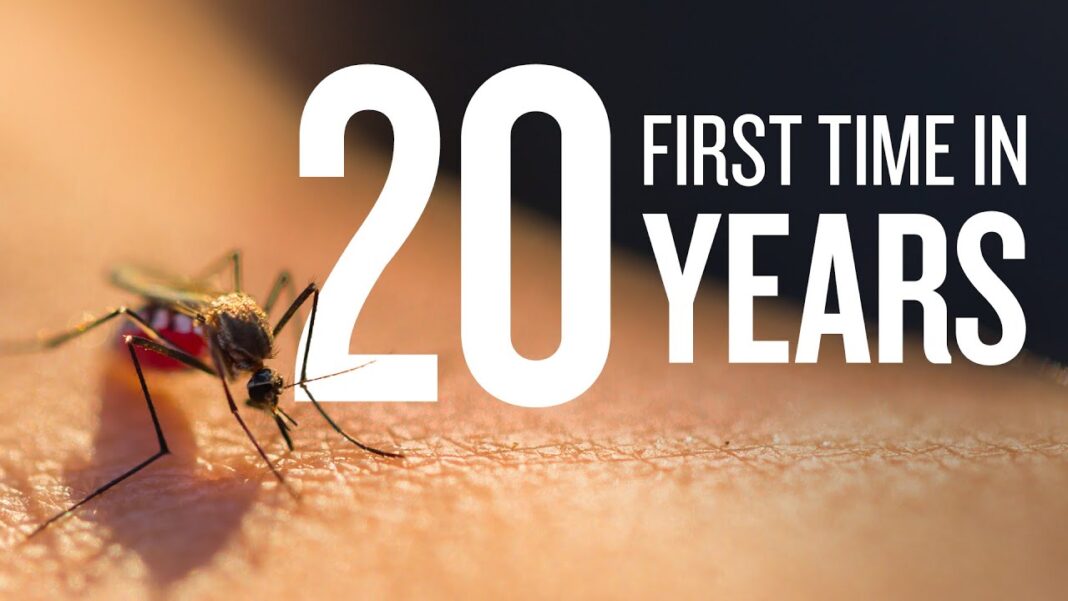Americans Vote Too Much
No one can be a full-time political animal.
It’s always election season in America. Dozens of local contests are taking place across the country this month, from Montgomery, Alabama to the Mariana Ranchos County Water District in California. On August 8 alone, Custer County, Colorado held a recall election for a county commissioner; Ohio asked residents to consider a major ballot measure; and voters in Oklahoma weighed in on several ballot measures.
America has roughly 90,000 local governing bodies, and states do not—at least publicly—track all of the elections taking place on their watch, making an exhaustive accounting nearly impossible. In many cases, contests come and go without any local media coverage, either. I came across a notice for an August 29 election in Marin County, California. When I called the Registrar of Voters for more information, the county assistant had to search a few moments before he could tell me that the town of Tiburon (population 9,000) was selecting a short-term council member.
Americans are used to pundits and civic leaders shaming them for low-turnout elections, as if they had failed a test of civic character. Voters are apathetic, parties don’t bother with the hard work of mobilization, and candidates are boring—or so the story goes. But this argument gets the problem exactly backwards. In America, voters don’t do too little; the system demands too much. We have too many elections, for too many offices, on too many days. We have turned the role of citizen into a full-time, unpaid job. Disinterest is the predictable, even rational response.
Read Full Article on TheAtlantic.com
Elections Are Bad for Democracy
The Worst People Run for Office. It’s Time for a Better Way.
On the eve of the first debate of the 2024 presidential race, trust in government is rivaling historic lows. Officials have been working hard to safeguard elections and assure citizens of their integrity. But if we want public office to have integrity, we might be better off eliminating elections altogether.
If you think that sounds anti-democratic, think again. The ancient Greeks invented democracy, and in Athens many government officials were selected through sortition — a random lottery from a pool of candidates. In the United States, we already use a version of a lottery to select jurors. What if we did the same with mayors, governors, legislators, justices and even presidents?
People expect leaders chosen at random to be less effective than those picked systematically. But in multiple experiments led by the psychologist Alexander Haslam, the opposite held true. Groups actually made smarter decisions when leaders were chosen at random than when they were elected by a group or chosen based on leadership skill.
Why were randomly chosen leaders more effective? They led more democratically. “Systematically selected leaders can undermine group goals,” Dr. Haslam and his colleagues suggest, because they have a tendency to “assert their personal superiority.” When you’re anointed by the group, it can quickly go to your head: I’m the chosen one.
When you know you’re picked at random, you don’t experience enough power to be corrupted by it. Instead, you feel a heightened sense of responsibility: I did nothing to earn this, so I need to make sure I represent the group well. And in one of the Haslam experiments, when a leader was picked at random, members were more likely to stand by the group’s decisions.








